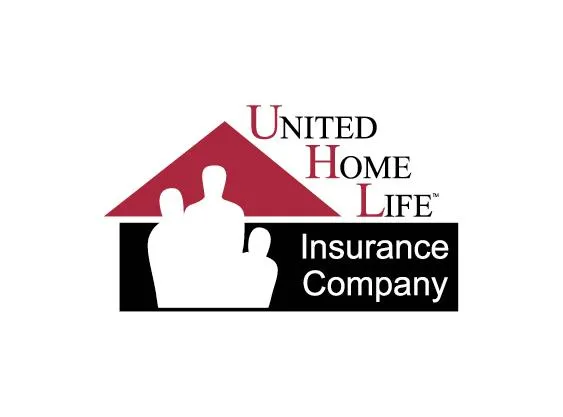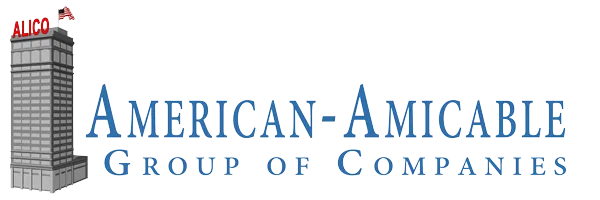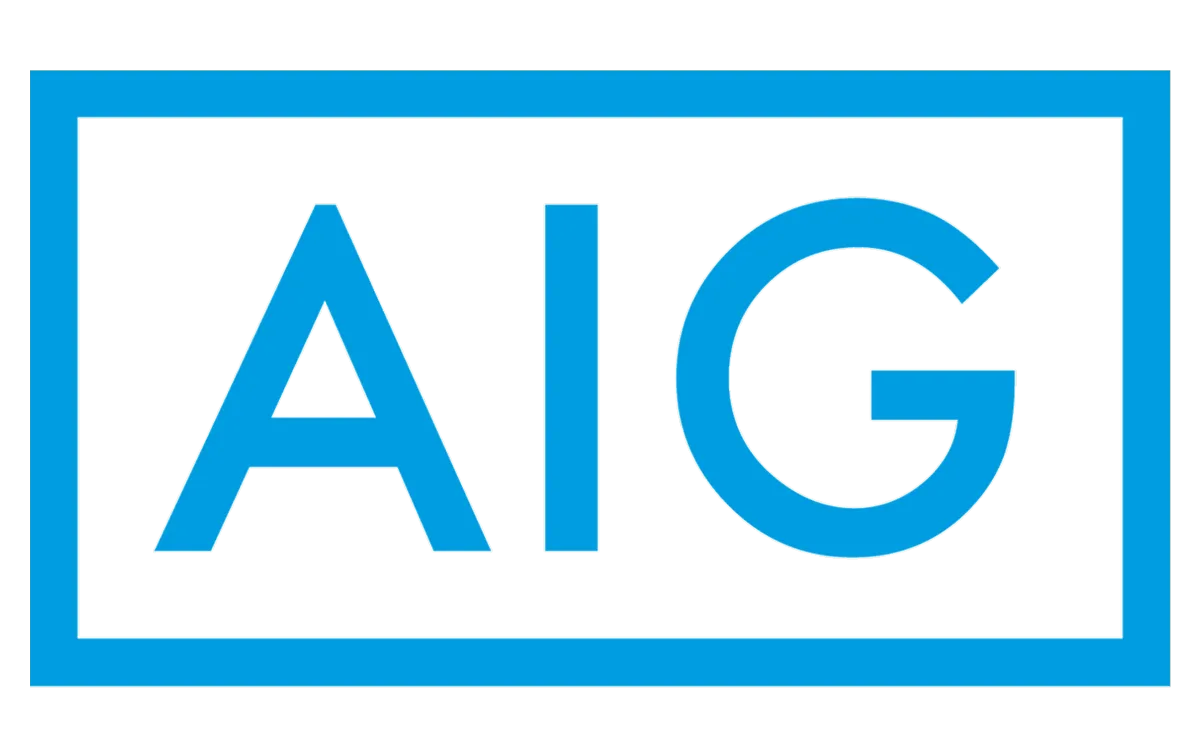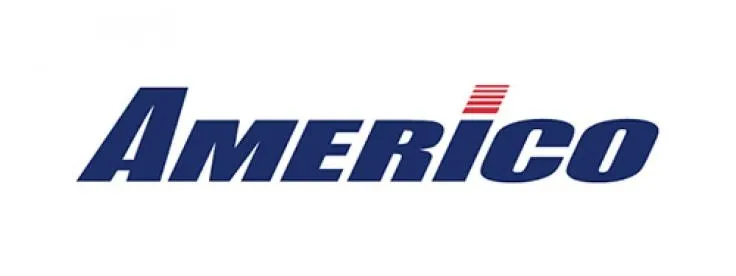Since 2008, We've Been The Trusted Life Insurance Choice For Over 121,000 Individuals. There's No Fee Or Commitment To Begin.
Universal Life Insurance
"Universal Life" insurance is a kind of permanent coverage that builds cash value, where premiums paid beyond the insurance cost contribute to this value. Monthly, the cash value earns interest, while a cost of insurance (COI) charge is deducted. If no premium is paid in a month, the COI is taken from the cash value. The insurer sets the interest, frequently tying it to a financial index. Since the interest rate, rather than the cash value, fluctuates, Universal Life policies provide a consistent investment opportunity.
Universal life insurance emerged from the framework of whole life insurance, offering distinct advantages like increased flexibility and the potential for higher cash value growth, especially if interest rates exceed the insurer's baseline. This type of policy surpasses whole life insurance mainly in two aspects: adjustable death benefits and flexible premium payments.
You can adjust the death benefit upwards or downwards based on insurability, without needing to cancel or replace your policy, unlike with whole life insurance. Furthermore, you have the flexibility to choose how much you pay in premiums, ranging from a minimum to maintain the policy's guarantees to the maximum as per IRS regulations.
The key difference is that with a universal life (UL) policy, the insured bears more responsibility for upkeeping the death benefit. In whole life insurance, the death benefit is secured as long as premiums are paid. However, in a UL policy, the policy could lapse (meaning the death benefit wouldn't be valid) if the cash value or premium payments fall short of covering insurance costs. To enhance their policies' appeal, insurers often include guarantees that promise the policy will stay active given specific premium payments are made for a set duration, even if the cash value reaches zero.
Types
Single Premium Universal Life
Single Premium Universal Life is funded with one large upfront payment. The policy stays active as long as the cost of insurance (COI) charges don't use up the account value. Due to tax code revisions, such policies are classified as "Modified Endowment Contracts (MEC)," facing unique tax rules. Any policy fully paid within five years receives this tax treatment.
Fixed Premium Universal Life
Fixed Premium Universal Life (UL) insurance involves making regular premium payments for a period shorter than the policy's duration, such as paying for 10 years with the aim for the policy to be fully paid afterward. If the policy doesn't perform as expected, the value at the end of the payment period might not be enough to sustain the original policy terms. In such scenarios, the policyholder has options: 1. Do nothing and risk the policy ending early due to cost of insurance (COI) charges, 2. Pay extra or increase premium payments to maintain the death benefit, or 3. Reduce the death benefit to lower future costs.
Flexible Premium Universal Life
Flexible Premium Universal Life (UL) gives policyholders the freedom to choose their premium payments at each due date. This policy type also provides two death benefit choices: 1. A constant death benefit (known as Option A), or 2. A variable amount at risk, leading to an increasing death benefit (known as Option B). Often, purchasers of Flexible Premium UL start with a significant upfront payment, followed by sporadic payments afterward.
Secure Your Free Life Insurance Quote Today
We Work With These Companies And Many More >










About Us
TermLifeProvider | The Home Of HassanHelps Is A Leading Life Insurance Brokerage, Offering Top Rates From Major Insurers Nationwide. For Over 16 Years, We've Helped Thousands Save On Life Insurance. Our Experience Shows Many Clients Struggle With Diabetes And Related Health Issues Like Sleep Apnea, High Blood Pressure, Arthritis, And Heart Disease. By Educating Our Clients About The Life Insurance Process And How Health Impacts Premiums, We Aim Not Just To Improve Their Health But Also To Reduce Their Life Insurance Costs.



LinkedIn